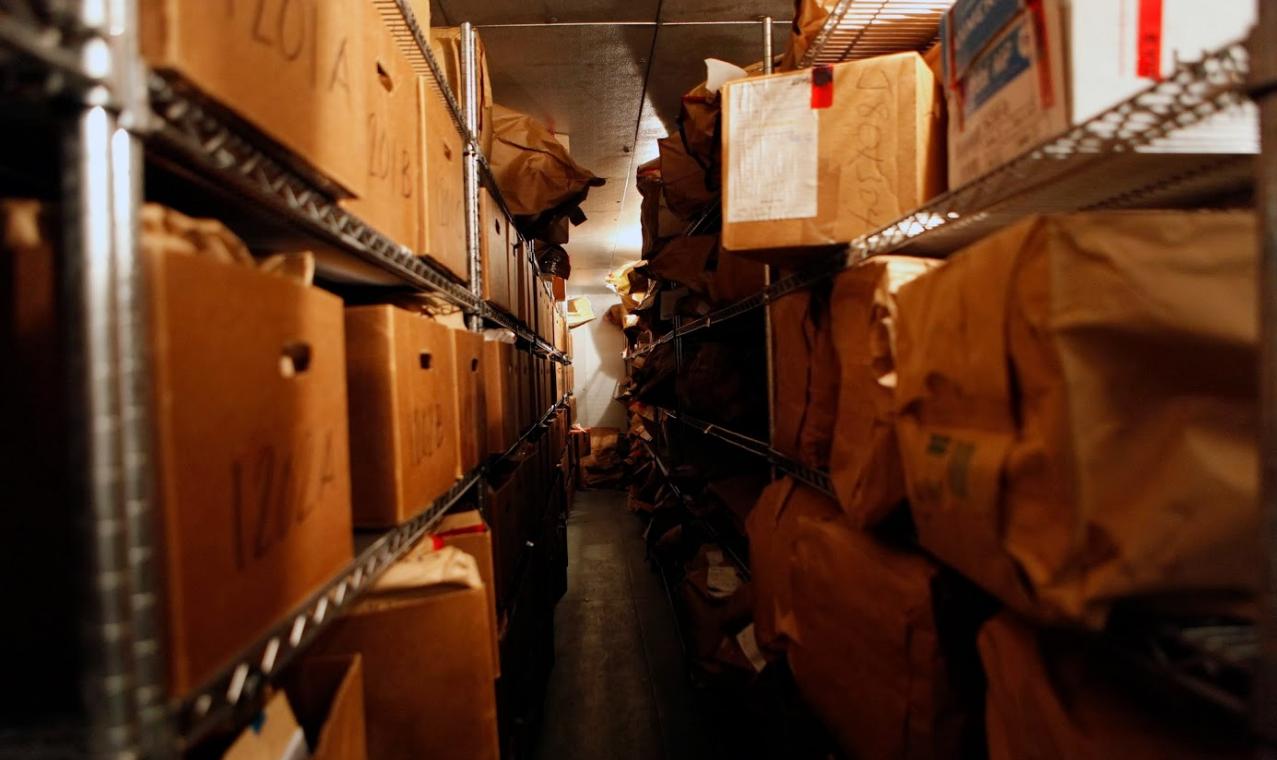The West Virginia State Police Forensic Laboratory (WVSPFL) has been working to end the sexual assault kit backlog in the state for over half a decade.
WVSPFL Director Sheri Lemons said the lab has been involved with the efforts to test all eligible sexual assault kits, including the laboratory’s participation in the Sexual Assault Kit Initiative (SAKI) that originated in 2015.
Lemons said the lab has been working in cooperation with a multi-disciplinary team across West Virginia to evaluate, test and offer solutions to end the sexual assault kit backlog in the state. Since 2015, 2,400 kits were identified in West Virginia that had not been submitted or tested.
WVSPFL recently completed that testing and is now working to upload eligible profiles into the Combined DNA Indexing System (CODIS) to provide leads to law enforcement agencies, she said.
“In addition to that project, we recently implemented, through legislative action, a somewhat unique process in our state where sexual assault kits are sent directly to our laboratory from the medical provider who collected the kit to expedite the testing process,” Lemons said.
Lemons said that process has increased the number of kits the state lab receives to about 600 per year and the lab currently has a backlog of about 200 sexual assault kits that still await testing.
Testing turnaround time varies depending on the complexity of the evidence, but it typically takes a minimum of 90 days for sexual assault kit testing to be completed.
WVSPFL also recently implemented a tracking system that allows a victim to log into a portal to track their kit from hospital collection, through forensic testing and return to the investigating agency.
“All of these measures have been taken to end the backlog of sexual assault kits in our state and to provide quality, timely results to victims and the criminal justice system,” Lemons said.
The Joyful Heart Foundation’s End the Backlog campaign reported that West Virginia does not require law enforcement agencies to count, track or test rape kits.
According to End the Backlog, the state has received millions of dollars in funding to test backlogged sexual assault kits and to sustain such work.
These awards include:
- $1,763,281 from the Manhattan District Attorney’s Office to WVSPFL in 2015
- $1,170,800 from the U.S. Department of Justice Bureau of Justice Assistance (BJA) to the West Virginia Division of Justice and Community Services (DJCS) in 2015
- $1,000,000 from BJA to DJCS in 2016
- $996,678 from BJA to DJCS in 2018
- $252,860 from BJA to DJCS in 2020
Additionally, End the Backlog reported the state has either introduced or enacted several pieces of legislation to enhance sexual assault kit testing protocols in the state.
Such legislation includes:
- S.B. 36, enacted in 2018: directed the Sexual Assault Forensic Commission to establish best practice protocols for handling sexual assault kits, including timeframes for submission and storage.
- SB 39, introduced and failed to pass in 2018: would have granted sexual assault survivors the right to notice regarding sexual assault kit testing status and results.
- SB 72, enacted in 2019: created the Sexual Assault Victims’ Bill of Rights, which grants sexual assault victims the right to have their kit tested; be informed of any results of their medical forensic examination; be informed of evidence preservation polices; be notified by mail, upon written request, 60 days before intended destruction of the kit and, upon written request, have their kit preserved for up to an additional 10 years.
- HB 4199, introduced and failed to pass in 2020: would have required the establishment of a tracking system with mandatory participation from medical facilities, law enforcement, and laboratories.
- SB 504 and H.B. 4476, signed into law by Gov. Jim Justice March 5, 2020: mandated newly collected kits be submitted to the lab by the health care provider within 30 days of the forensic exam. After analysis, the kit should be transported to law enforcement for retention. These bills call for “reasonable efforts” to notify the victim prior to the disposal of their kit.
READ MORE:
What happens during a sexual assault exam?
TWEET @DominionPostWV




